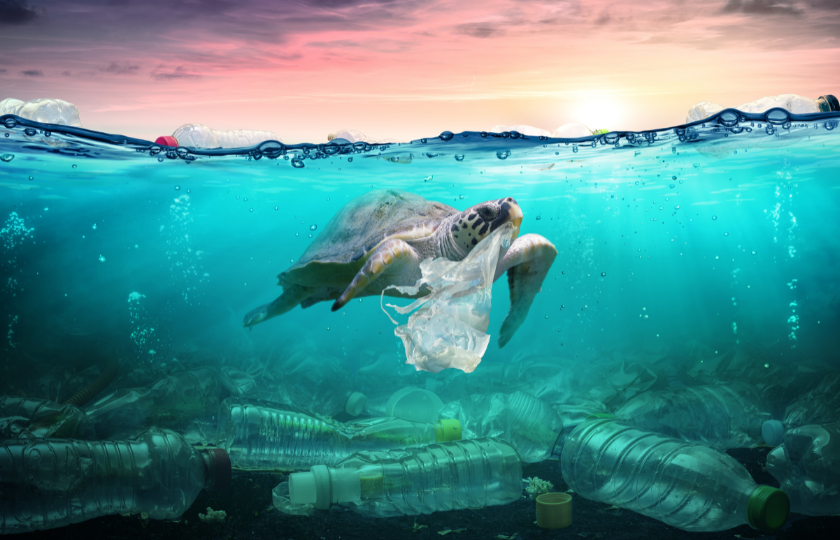Each year the world produces and consumes more plastic, with 367 million metric tons manufactured in 2020 alone. That amount is expected to double by 2040.
While plastic is not the world’s only source of pollution, it is arguably the most prominent.
Back to Blue, an ocean health initiative of Economist Impact and The Nippon Foundation has released the first edition of its Plastics Management Index (PMI). The PMI was designed to draw attention to growing global concerns surrounding plastic use and how the lifecycle of plastic, from design to disposal, can be made sustainable.
The index comprises three pillars: governance, existing systemic capacity, and stakeholder engagement – measured across 12 indicators and 44 individual sub-indicators.
Ranking 25 countries worldwide, the PMI assess the capacity of each to promote sustainable plastic production and minimise mismanagement of the material.
“Quite a few countries continue to struggle, though the index identifies real currents of hope. But equally, just because countries appear to be performing well does not mean they are doing enough to address the issues,” said Naka Kondo, editor of the PMI report.
Germany gets the number one spot in plastic management, scoring 87 out of 100, according to the report’s rankings. It came first on governance and stakeholder engagement and third for system capacity due to the country’s recycling scheme that resulted in a thriving circular economy for plastics.
Asia, which produces half of the world’s plastics, lags in its management efforts compared to Europe, followed by Latin America and Africa. Europe leads the overall ranking due to the proactivity of the EU and the region’s ability to fund research and development.
The top performers in each pillar are:
Governance: Germany (1), Japan (2), France (3), US (4), Sweden (5)
Systemic capacity: UK (1), Japan (2), Germany (3), US (4), France (5)
Stakeholder engagement: Germany (1), Malaysia (2), Japan (3), Australia (4), Chile (5)
“The path the world is on with plastics is plainly unsustainable,” said YHohei Sasakawa, chairman, The Nippon Foundation. “The Plastics Management Index, I hope, will shed light on where we are globally and where we need to be headed to manage plastics more effectively and responsibly.”
The Economist Impact is a company offering framework design, benchmarking, economic and social impact analysis, forecasting and scenario modelling, and media products. It has been offering its services for 75 years across 205 nations worldwide.
Established in 1962, The Nippon Foundation is Japan’s most prominent philanthropic foundation, providing support to public-service activities in various fields across national borders.
The full report can be found here.



